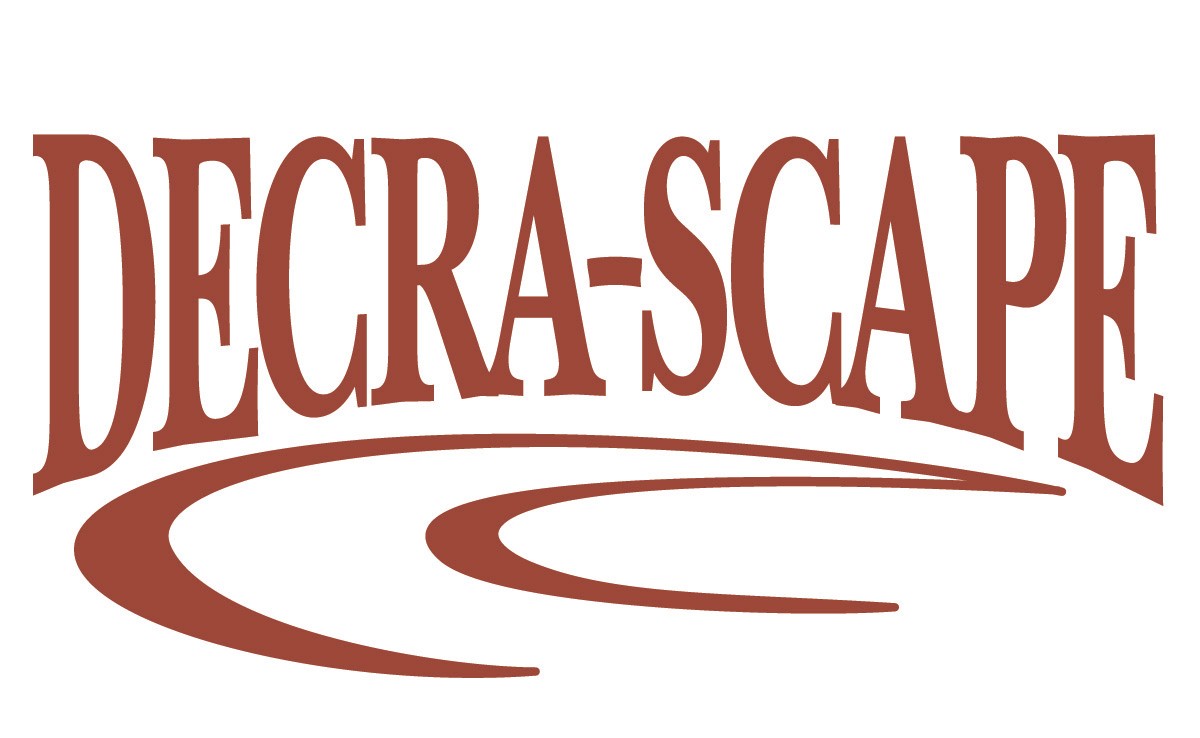If you’re planning a new patio or a patio renovation, you may be wondering how to choose the best materials. Every material has its pros and cons, so you’ll want to ask pertinent questions of masonry contractors when choosing materials for a patio in the West Bloomfield Township and Sterling Heights, MI, areas.
Related: Masonry Contractors May Suggest These Fine Details for a Backyard Feature in Canton and Macomb, MI
How Durable Are the Material Options for Patios?
A patio is a big investment, so of course you want your investment to last. Poured concrete is often less expensive to install, but also comes with a shelf life. It is vulnerable to the freeze-thaw cycle and to ground movement. Even well-installed poured concrete surfaces can eventually crack and become pitted and crumbly, which will mean complete replacement since patches are often unattractive and don’t match the original.
Natural stone is the world’s oldest building material, and if you get high quality stone, you can expect the surface to last a lifetime. The key is in choosing a stone that will last. Your mason will be able to guide you in this regard. Stone is very heavy and installation costs are typically higher than with other materials. However, it’s a “forever” material. Should an individual stone break, your mason can replace just the individual stone without affecting the rest of the patio.
Concrete patio pavers are a modern invention that offers the look of natural stone and possesses many of the same benefits, but typically at a lower installation cost. Like stone, you can replace individual pavers that are damaged.
What Style Should I Choose?
Poured concrete can offer a number of style options. It can be stained, etched, brushed, or decorative elements such as glass or decorative stone can be embedded into it.
Natural stone has incredible variety in terms of individual characteristics of each stone. No two are alike, which makes for 100% unique surfaces. Natural stone can be purchased uncut, which will necessitate careful setting to result in a beautiful patio. Or it can be purchased cut, which can be a more expensive option but with lower installation costs.
One downside to natural stone is availability. Unless you pre-purchase additional stone from the same batch, the likelihood of obtaining the same color can below, which means that patio additions or repairs could stick out more than you’d like.
Patio pavers give you an incredible array of style options including large format, plank, or hexagonal styles that can mimic natural stone, poured concrete, or a variety of other materials. When it comes to style, pavers give you the most options, and it’s easier to add onto a patio in the future if you use a reputable manufacturer whose products aren’t fly-by-night.
Related: Signs That You're Making the Right Choice for Patio Pavers in Canton and Macomb, MI
How Practical Are My Material Choices?
Ease of maintenance is another consideration when choosing patio materials. Poured concrete, whether it’s smooth, etched, or brushed, will have a tendency to collect dirt within its texture. This is not a problem if the concrete is stained darker, but it will show up—and will need to be cleaned often—on lighter surfaces.
The same goes for light-colored stones or patio pavers. Dirt will collect where it can; so to reduce maintenance, consider a mid-toned material that doesn’t show dirt as easily. Many types of natural stone don’t need sealing, but some (such as bluestone or flagstone) do. Many quality patio pavers do not require ongoing sealing.



